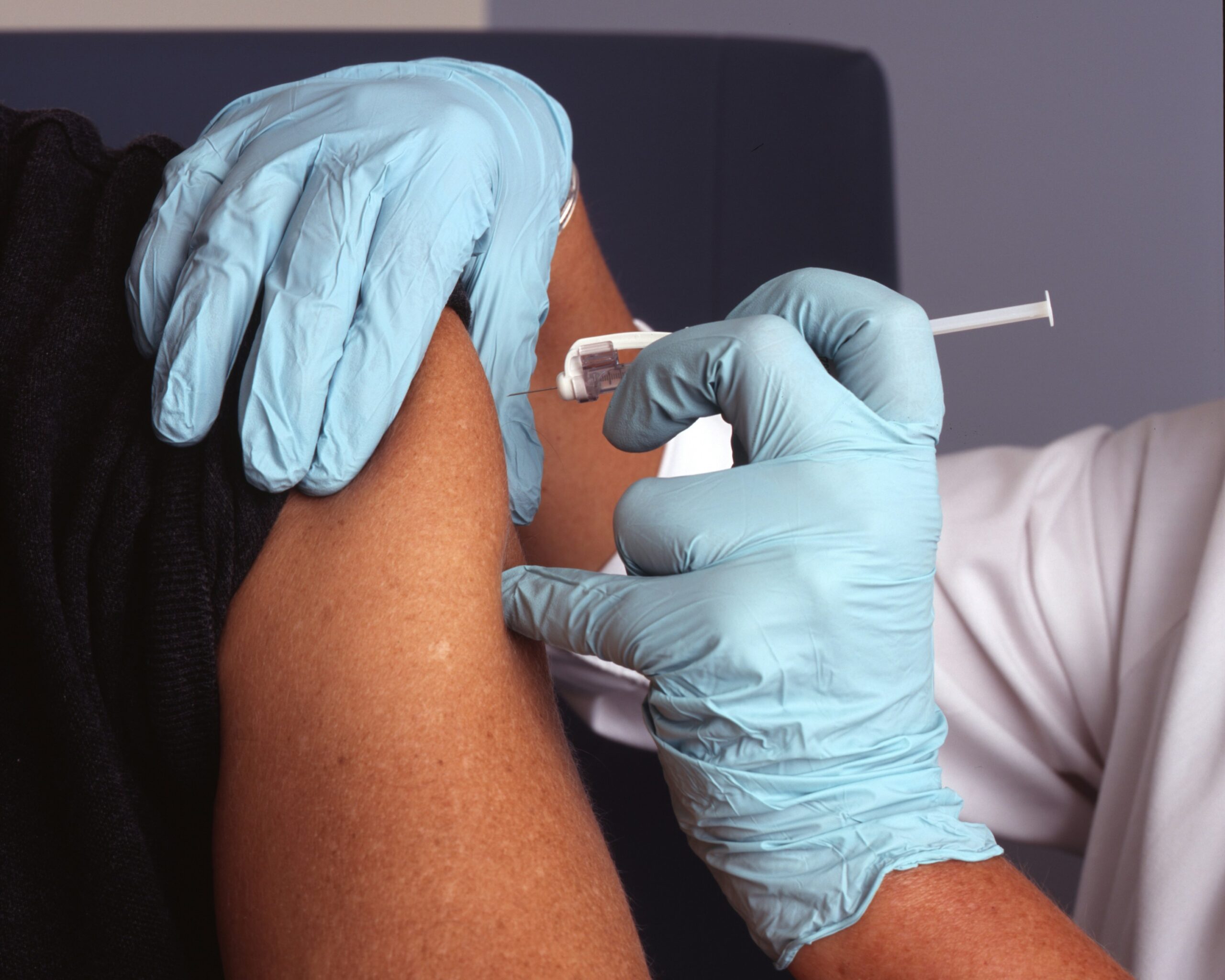Meningococcal Disease Outbreak: Urgent Health Alert for UK Travellers
Meningococcal disease outbreak sparks urgent health alert for UK travellers. Learn about symptoms, risks, and prevention measures to stay safe.
Meningococcal disease outbreak has led to an urgent health alert for UK travellers. Health officials have confirmed three cases of this deadly disease in the UK, raising concerns about its rapid spread and severe consequences. This bacterial infection can cause meningitis and sepsis, both of which are serious and life-threatening conditions.

© Getty Images/Science Photo Library RF
Understanding Meningococcal Disease
Meningococcal disease is an acute bacterial infection that often presents with meningitis (inflammation of the membranes around the brain and spinal cord) and/or sepsis (blood poisoning). It progresses rapidly and can be fatal if not treated promptly. Other symptoms may include nausea, vomiting, sensitivity to light, and confusion. In infants, the signs might be different, such as irritability, vomiting, or poor reflexes.
Recent Cases and Outbreak Details
As of May 17, twelve cases of invasive meningococcal disease (IMD) have been reported across the UK, France, and the USA. Most of these cases have been linked to individuals who performed the Umrah pilgrimage in Saudi Arabia. The majority of these cases involve meningococcus serogroup W, which is known for higher severity and fatality rates. Alarmingly, most of the affected individuals had no history of vaccination against this strain.
Symptoms to Watch Out For
Given the meningococcal disease outbreak, it’s crucial to be aware of the symptoms. Key signs of meningococcal meningitis include:
- Sudden high fever
- Severe headache
- Stiff neck
- Nausea and vomiting
- Sensitivity to light
- Confusion
In young children and infants, symptoms might be less specific but can include:
- Inactivity
- Irritability
- Vomiting
- Poor reflexes

© Getty Images
Preventive Measures and Vaccination
The best way to protect yourself from meningococcal disease is through vaccination. The quadrivalent meningococcal vaccine, which covers serogroups A, C, W, and Y, is highly recommended, especially for those planning to visit the Hajj and Umrah zones in Saudi Arabia. It’s advised to get vaccinated at least 10 days before your trip to ensure you have sufficient immunity.
Advice for Travellers
If you are travelling to areas where the meningococcal disease outbreak has been reported, especially for the Umrah pilgrimage, take the following precautions:
- Ensure you are vaccinated with the quadrivalent meningococcal vaccine.
- Stay aware of the symptoms and seek immediate medical attention if you experience any.
- Maintain good hygiene practices to reduce the risk of infection.
What to Do If You Suspect Infection
If you or someone you know shows symptoms of meningococcal disease, seek medical help immediately. Doctors are advised to be vigilant in identifying potential cases, especially in individuals who have recently returned from Saudi Arabia. Suspected cases should be placed in isolation, and close contacts should be monitored for at least 10 days.
Health Officials’ Response
The European Centre for Disease Prevention and Control (ECDC) has been closely monitoring the situation. They have emphasized the severity of the disease and the importance of vaccination. According to the ECDC, the risk of infection for vaccinated individuals is low. However, unvaccinated travellers face a moderate risk.
ECDC’s Recommendations
The ECDC has issued specific recommendations to manage the meningococcal disease outbreak:
- Vaccination: Pilgrims visiting the Hajj and Umrah zones in Saudi Arabia should get the quadrivalent meningococcal vaccine at least 10 days before departure.
- Medical Vigilance: Healthcare providers should look out for symptoms of meningitis in returning travellers and take appropriate actions.
- Isolation and Monitoring: Suspected cases should be isolated, and close contacts should be monitored for signs of infection.
Conclusion
The meningococcal disease outbreak is a serious public health concern, particularly for UK travellers. By understanding the symptoms, getting vaccinated, and taking preventive measures, you can significantly reduce your risk of infection. Stay informed and vigilant to protect yourself and others from this potentially deadly disease.
Remember, if you experience any symptoms or suspect that you may have been exposed to meningococcal disease, seek medical attention immediately. Early diagnosis and treatment are crucial in managing this severe infection.
Stay safe and take the necessary precautions to ensure a healthy and worry-free travel experience.
ALSO READ:
“Cholesterol-lowering supplements recall: 5 Shocking Fatalities Revealed!”



